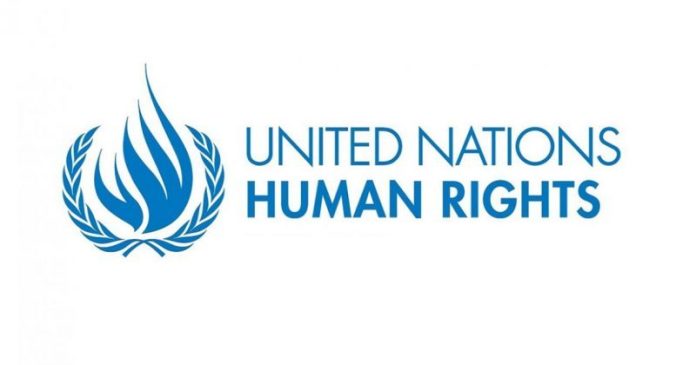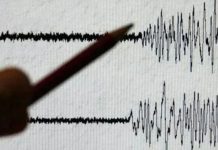UNITED NATIONS, :As the Omicron variant of COVID-19 continues to surge across the world, the UN health agency has said that it was crucial that more is done to help all countries receive lifesaving coronavirus jabs as quickly as possible.
The development comes as a senior World Health Organization (WHO) epidemiologist repeated the agency’s message that countries could not “boost” their way out of the pandemic, while the Omicron variant was transmitting so “intensely”, just as the Delta variant has done.
“In the context of intense social mixing, in the context of limited use of proven public health measures, in the context of limited vaccination coverage globally…those are conditions that will allow any variant, any virus, to thrive,” Dr Maria Van Kerkhove told BBC radio on Tuesday. “Omicron is taking advantage of that, and so is Delta.”
Before the holiday period, 128 countries reported that they had identified Omicron, the WHO said, during a scheduled press briefing in Geneva.
WHO epidemiologist Dr Abdi Mahamud, told journalists that there was still not enough data available to say whether the Omicron variant is less severe than other coronavirus strains.
He noted that in London, which has been “hit very hard” by spiking numbers of COVID-19 infections, hospitalisation rates were around 20 per cent lower now than they had been in 2020, before vaccinations were available.
“So the main message is, if you are vaccinated, you are protected, but if you are vulnerable or if you have not been vaccinated, this Omicron – however light or mild it may be for others – it could hit you very hard,” he said. “So, vaccination (is) very critical.”
The WHO epidemiologist noted that an increasing number of studies seemed to show that the Omicron variant appeared to affect mostly the upper respiratory tract, causing milder symptoms.
Other strains impact the lungs, and could cause severe pneumonia, he said, but further research was needed to prove this Omicron assessment.
“The challenge has not been the vaccine, but the vaccination of the most vulnerable populations,” he said, before urging more countries to push for 70 per cent vaccine coverage as soon as possible.
Without this level of vaccine protection, the virus “replicates in an environment that’s overcrowded, not ventilated and not vaccinated”, Dr Mahamud continued, describing these types of settings as ideal places for COVID-19 to mutate.
“We saw it in Beta, we saw it in Delta, we saw it in Omicron, so it is in the global interest” to vaccinate 70 per cent of national populations to reduce the impact of the variant, he said.
WHO’s call for vaccine equity is not new and comes as many wealthy countries consider offering a fourth coronavirus vaccine to their populations.
Before Christmas, WHO Director-General Tedros Adhanom Ghebreyesus warned that “blanket booster programmes” were likely to prolong the pandemic “by diverting supply to countries that already have high levels of vaccination coverage, giving the virus more opportunity to spread and mutate”.
The WHO chief stressed that the priority must be on supporting countries to vaccinate 40 per cent of their populations as quickly as possible, and 70 per cent by the middle of 2022.

















